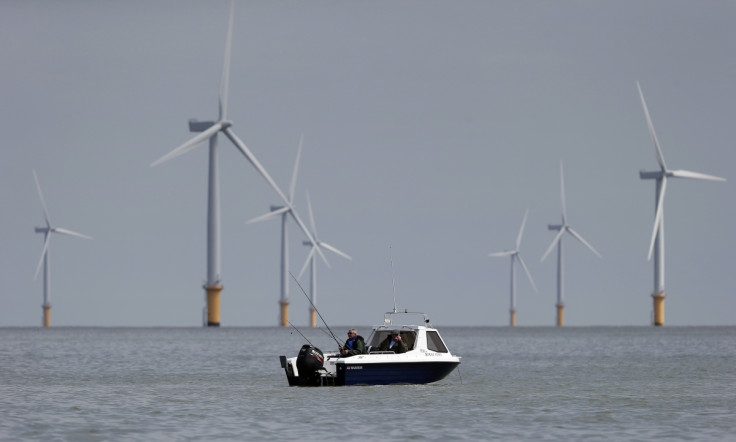Green Investment Bank sell off will damage environmentally friendly identity

Plans to privatise Britain's "green bank" should be shelved according to a cross-party group of MPs concerned that it needs to be in keeping with its environmental image. The Green Investment Bank was introduced by former business secretary and Liberal Democrat stalwart Vince Cable to encourage private investment in green technologies and infrastructure including renewable energies such as solar and wind power.
During the summer, Conservative business secretary Sajid Javid said he intended to sell the Edinburgh-based bank in an attempt to move away from EU legislation and free up its borrowing restrictions. However, a new report from the House of Commons Environmental Audit Committee has warned that privatisation of GIB will put the organisation at risk of diluting its green "identity", damaging its standing in the green community and undermining its "leadership role in the green economy".
The report also raises concerns that the government has proposed the privatisation without "due transparency, publication of relevant evidence, consultation, or proper consideration of alternatives".
Privatisation 'rushed'
Committee chairman and MP for Ogmore Huw Irranca-Davies said: "The Green Investment Bank has done a great job of getting capital flowing to the kind of innovative green projects that sometimes struggle to secure financial backing. The decision to privatise the bank appears rushed and ministers have not produced convincing evidence that it will achieve its aims better in the private sector.
"The government must ensure the Green Investment Bank continues to do what it says on the tin. If the government cannot guarantee that the Green Investment Bank will retain its green purpose in the private sector then the sale should not go ahead."
The GIB was launched in 2012 and has, up until now, invested £2.3bn of taxpayer's money to fund 60 projects worth more than £10bn in green energy schemes including tidal and offshore wind. Any projects need to adhere to the bank's five "green purposes" – reducing greenhouse gas emissions, increasing the efficiency of the use of natural products, protecting the natural environment or biodiversity, and promoting environmental sustainability, along with being commercially viable.
© Copyright IBTimes 2025. All rights reserved.






















